Islamabad, Oct 4 (V7N) – On October 3, 2025, clashes between law enforcement, paramilitary forces, and protesters in Pakistan-administered Azad Kashmir resulted in the deaths of eight people. Following the violent incidents, the federal government in Islamabad took swift action to address the escalating situation.
Prime Minister Shehbaz Sharif has formed an eight-member high-level committee to meet with Azad Kashmir leaders and initiate dialogue. The committee is chaired by Prime Minister Sharif himself and includes four senior members of Pakistan’s federal cabinet, central leaders of the ruling coalition’s largest partner party Pakistan Peoples Party (PPP) – Raja Pervez Ashraf and Qamar Zaman Kaira – as well as former Azad Jammu and Kashmir President Sardar Masood Khan. The delegation will also include Azad Kashmir Prime Minister Chaudhry Anwar-ul-Haq, who has been residing at Kashmir House in Islamabad since the protests began.
In a statement, Prime Minister Sharif called for calm among protesters and expressed condolences to the families of those killed or injured during the unrest. The government emphasized that peaceful demonstrations are respected, but violence must be avoided.
The protests began on Tuesday, fueled by rising living costs, weak education and healthcare infrastructure, and growing discontent over privileges enjoyed by politicians, bureaucrats, and top officials. Thousands of citizens have joined the movement, led by the local political organization, the Joint Awami Action Committee (JAAC).
Senior JAAC leader Shaukat Nawaz Mir criticized the Pakistan government and military, comparing their actions in the region to a “ruthless witch” targeting the population. Mir alleged that Islamabad and Rawalpindi, despite claiming to represent the people, have systematically oppressed the local population for decades. He further asserted that Azad Kashmir is not truly free but remains bound in prolonged subjugation. Mir accused Pakistan’s rulers of committing atrocities while shifting blame onto others, referencing controversial statements by military chief Asim Munir and highlighting the ongoing violence against Kashmiris.
The federal government has deployed additional security forces and tasked the high-level committee with assessing the situation, engaging local stakeholders, and recommending measures to restore order and prevent further escalation. Dialogue and collaboration with Azad Kashmir authorities are central to Islamabad’s strategy to stabilize the region.
This intervention underscores Pakistan’s concern over maintaining law and order in Azad Kashmir amid rising civil unrest and reflects efforts to prevent further deterioration of security and governance in the territory.
END/WD/SMA/



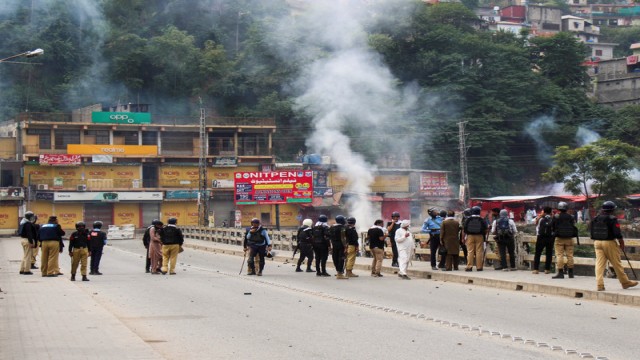

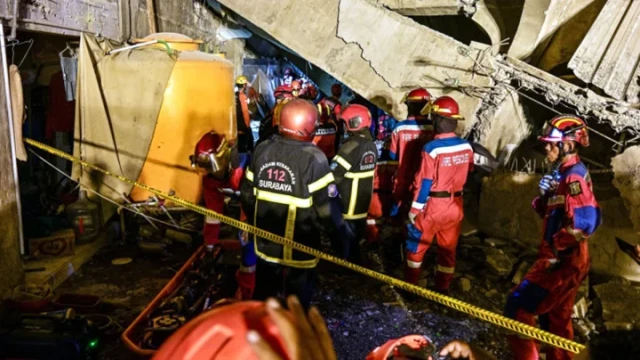
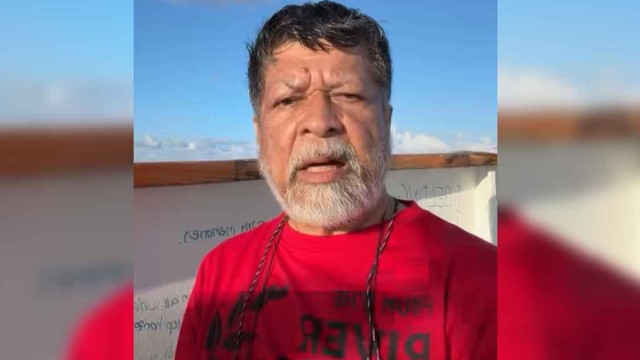
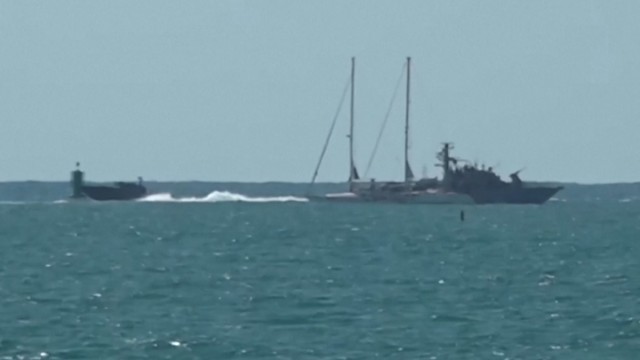
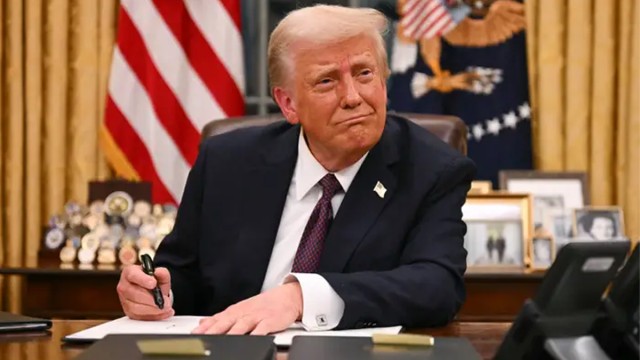
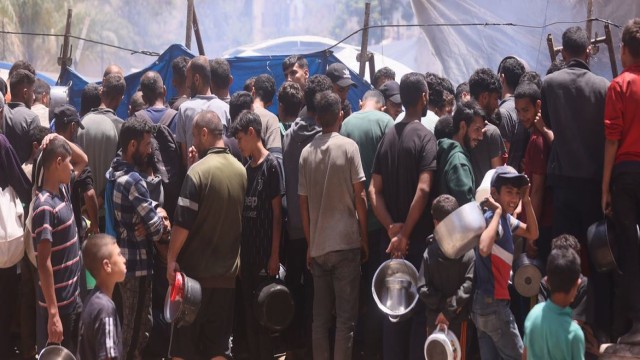
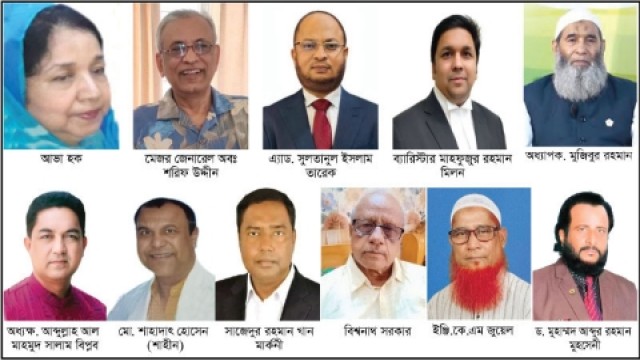
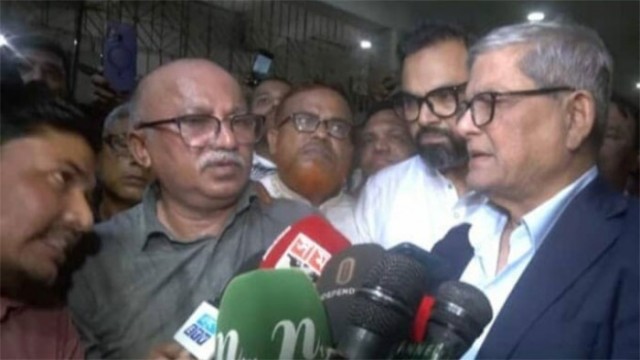
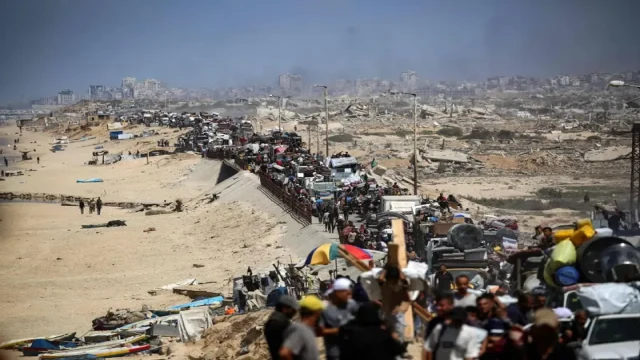
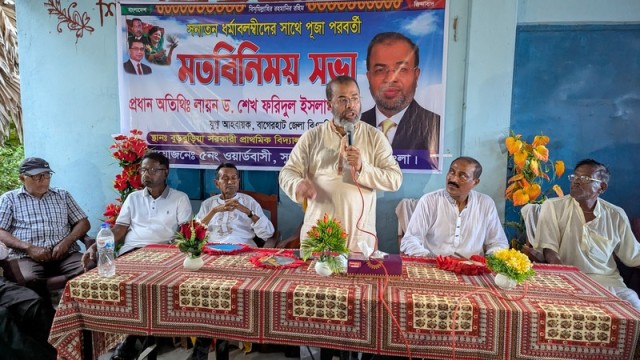
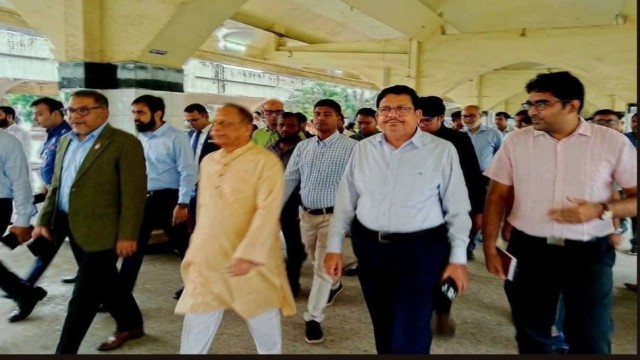
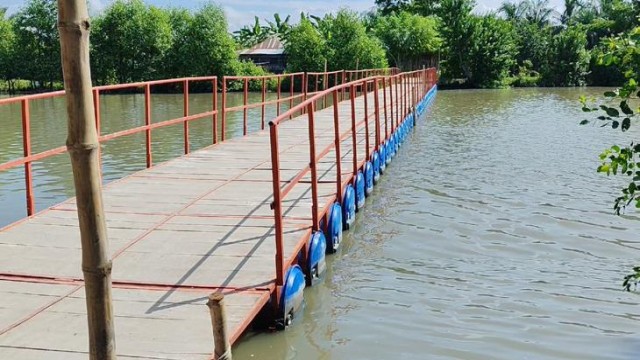

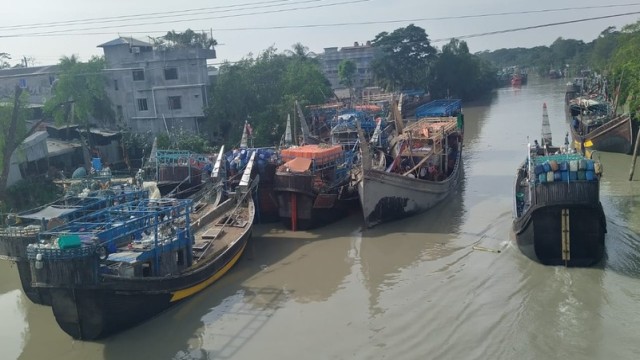

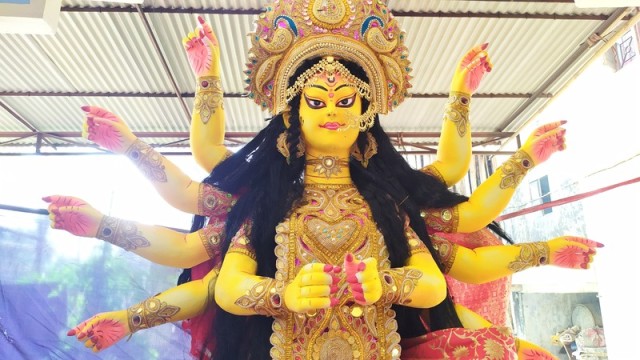
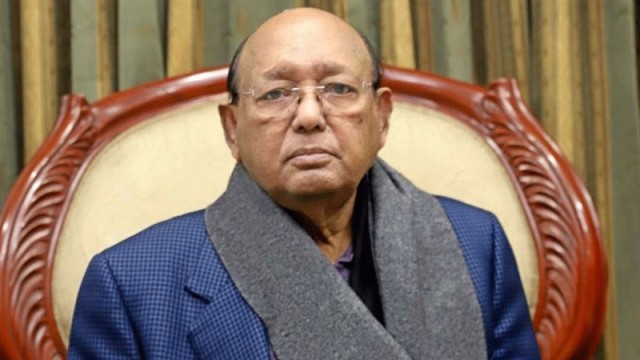
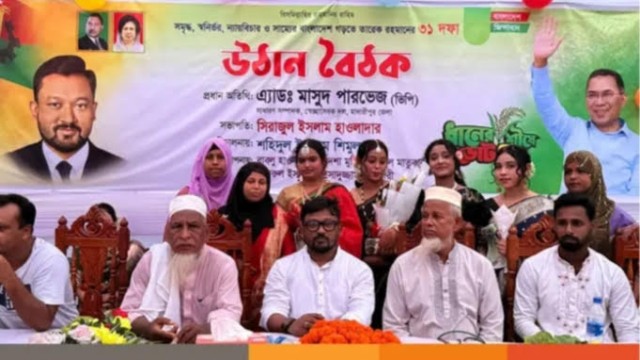
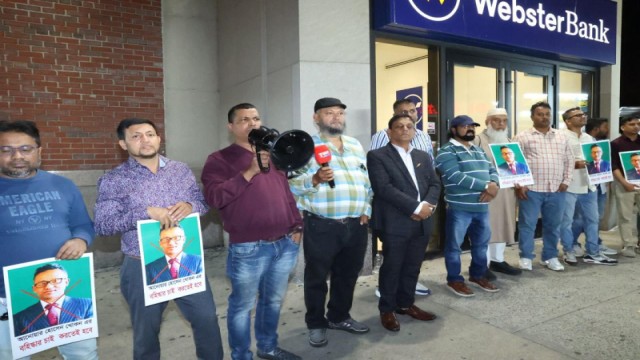

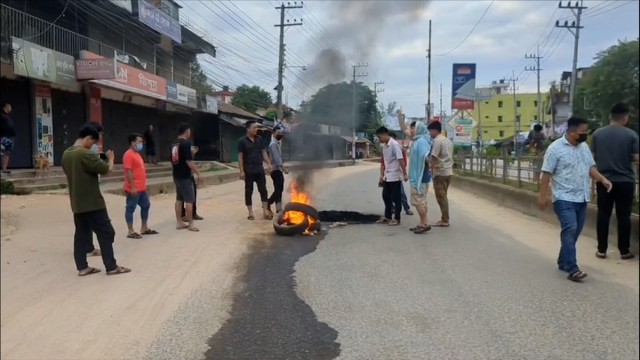
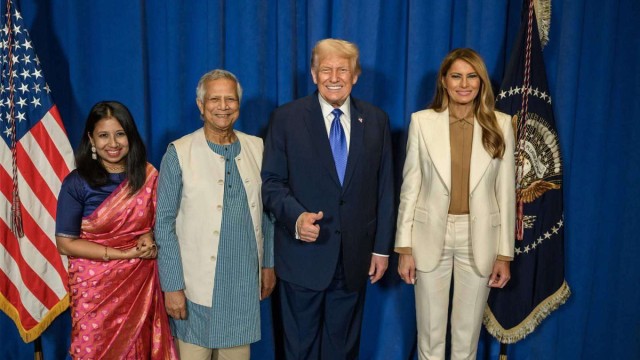
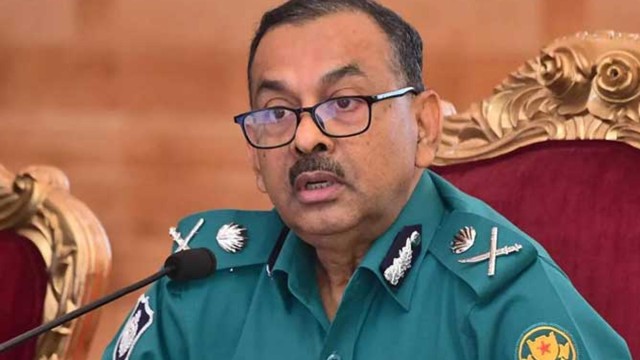


Comment: